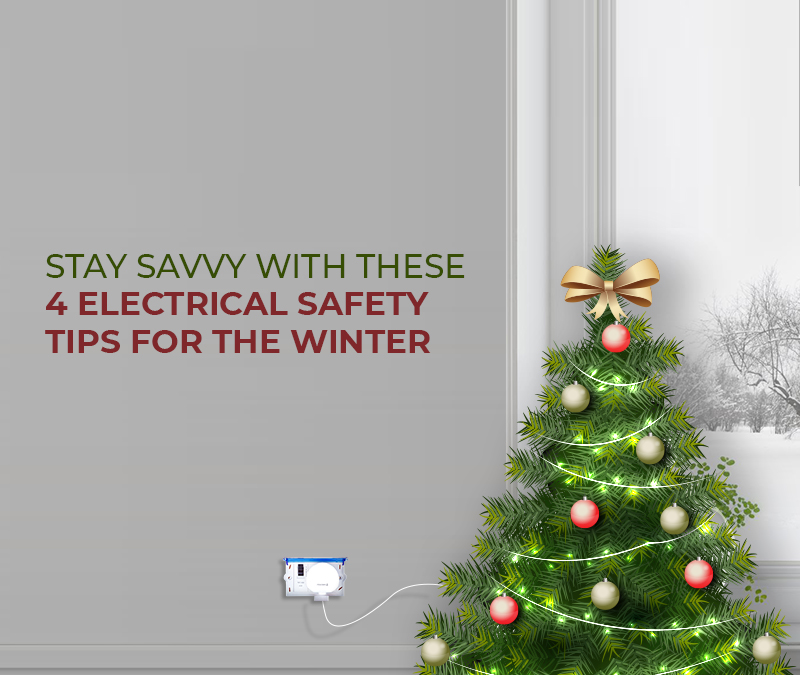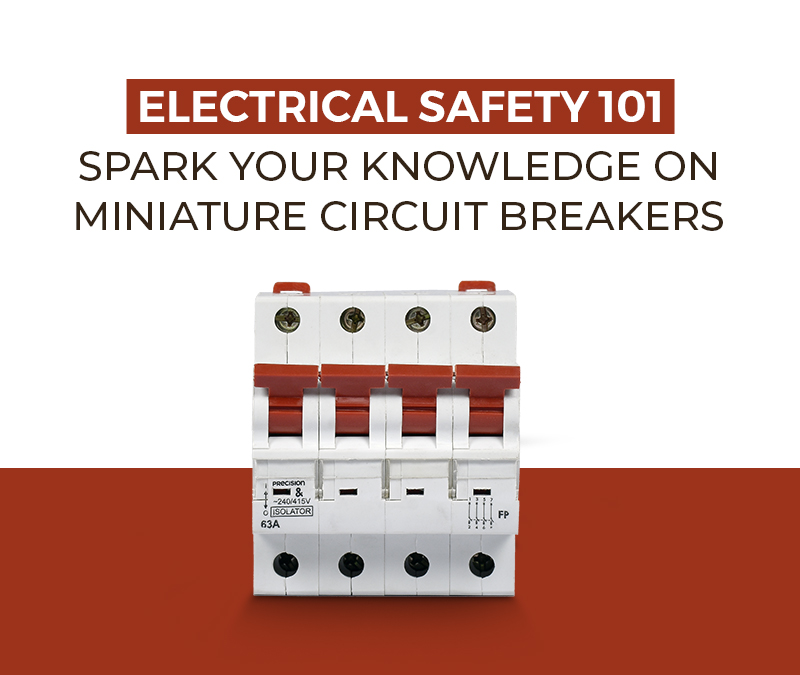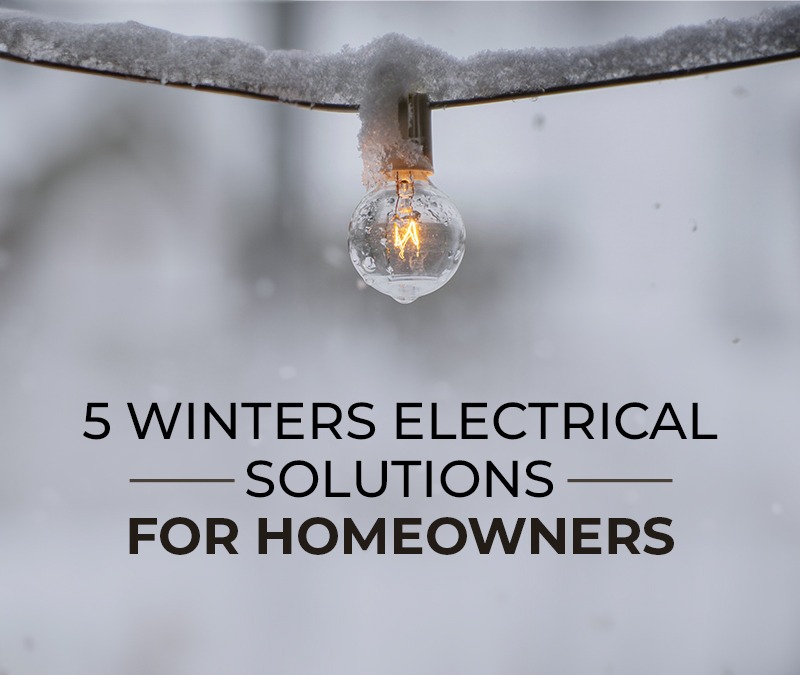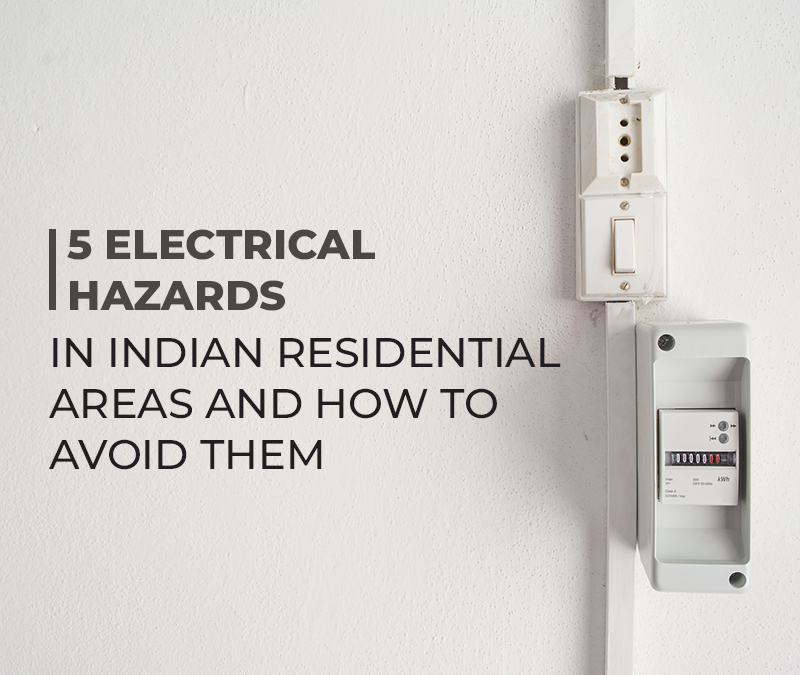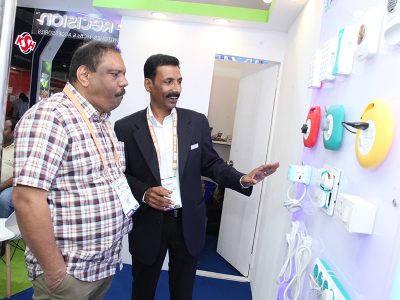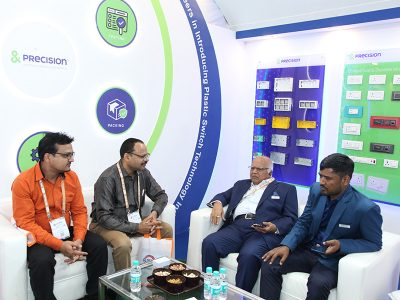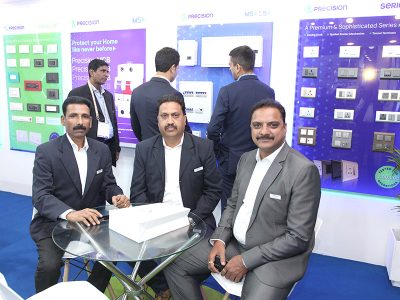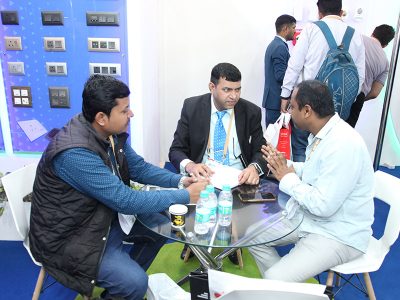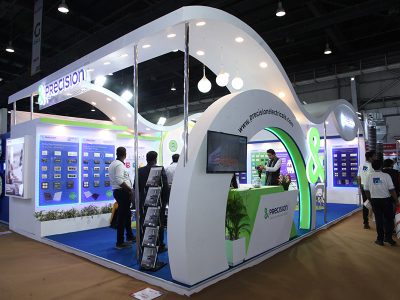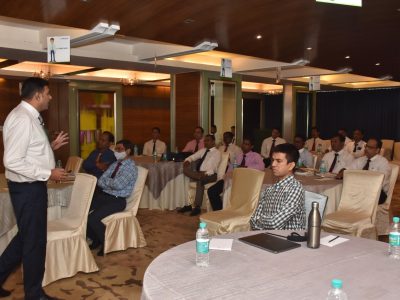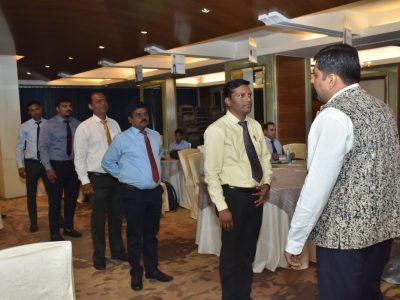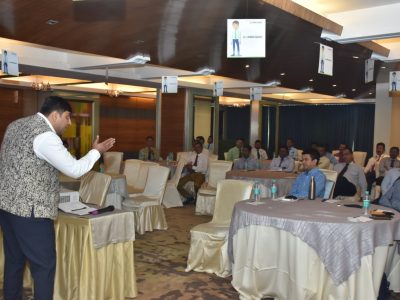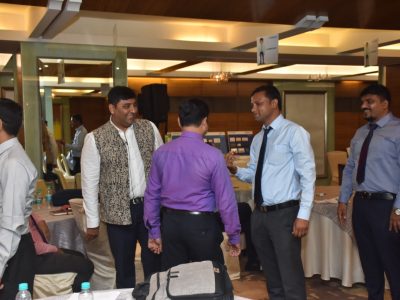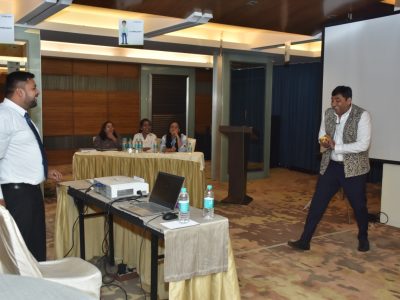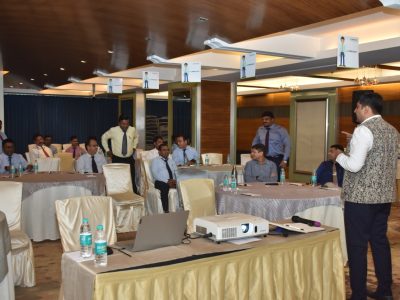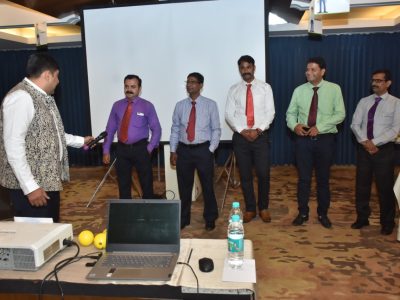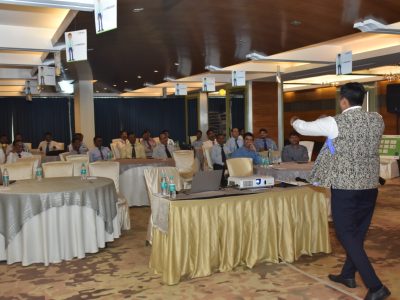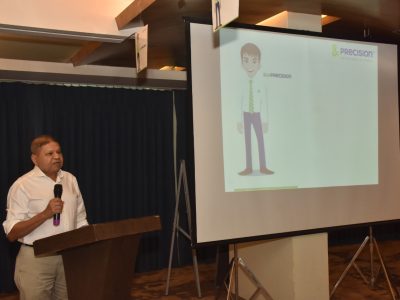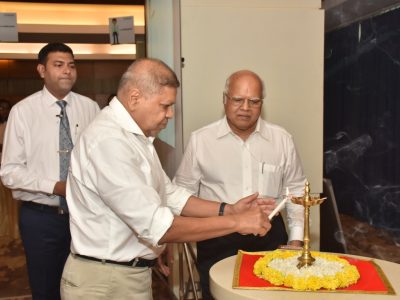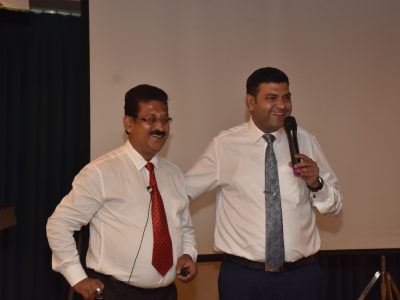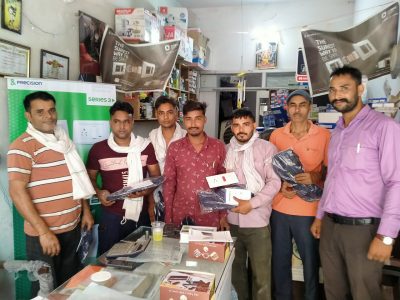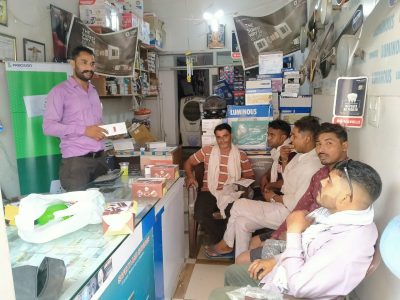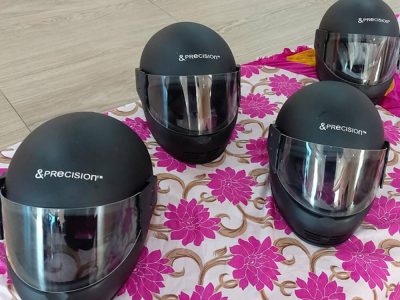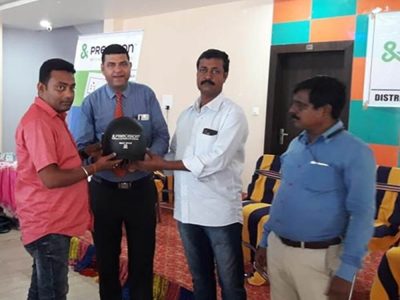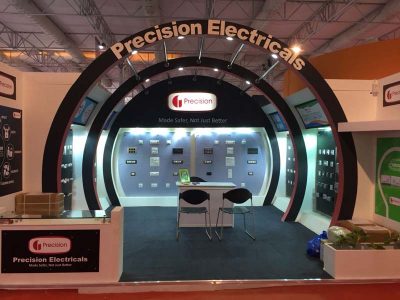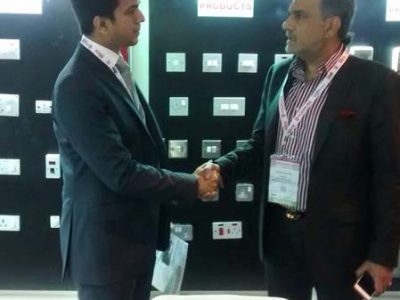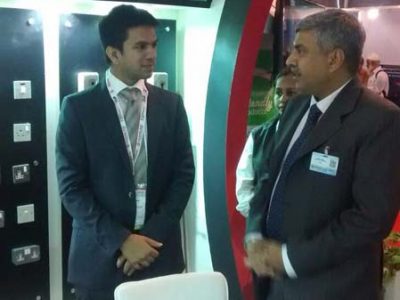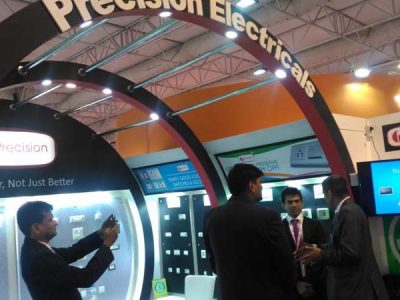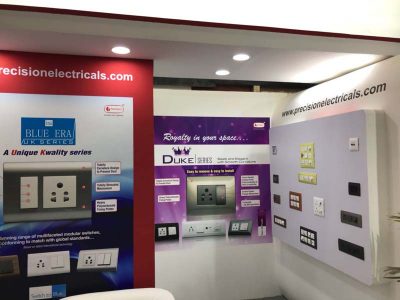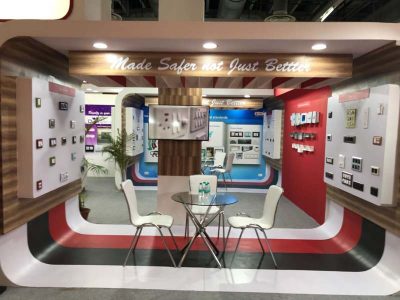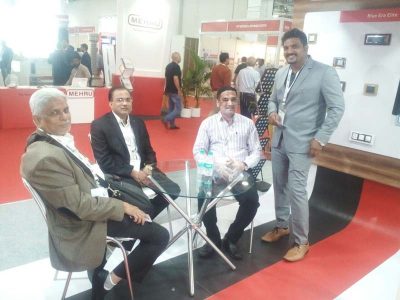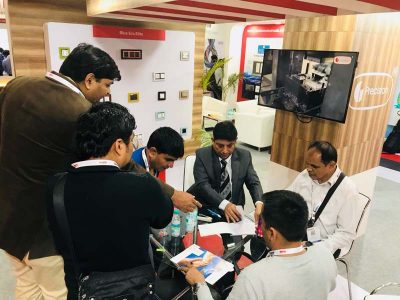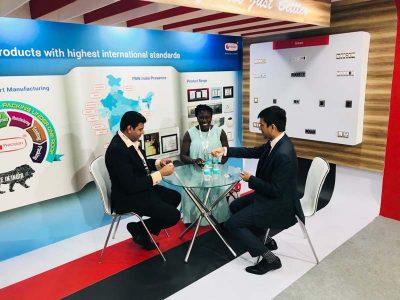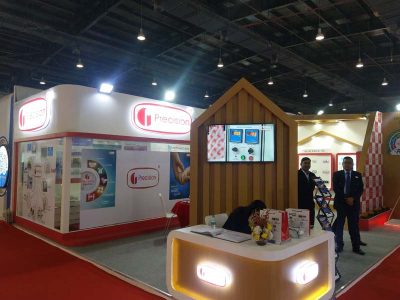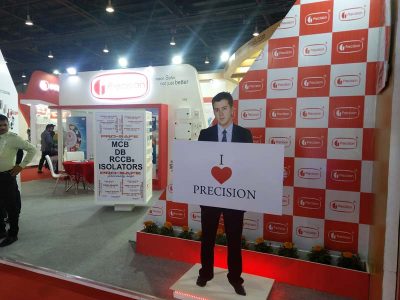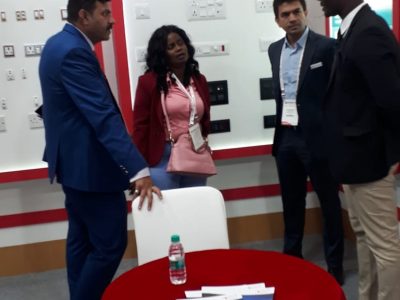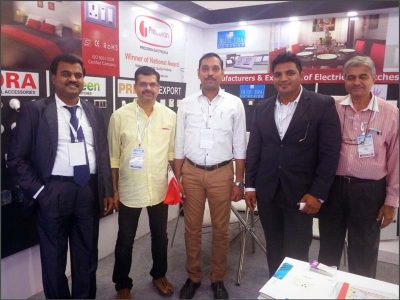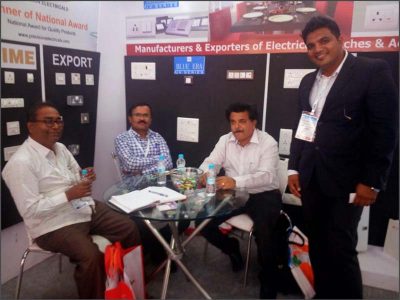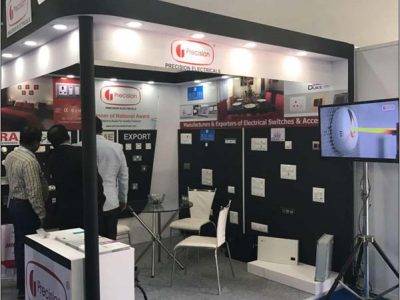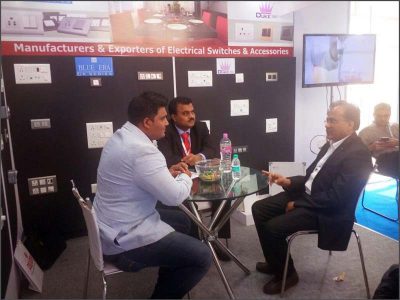
5 Quick-Thinking Ways You Can Reduce Bills Via Your Electrical Accessories
September 30, 2022
3 Fail-Safe Options to Childproof Electrical Amenities in Residential Space
November 29, 2022Stay Savvy with these 4 Electrical Safety Tips for the Winter
Winter is coming.
That means an expectedly higher number of people.
With Christmas round the corner, and Diwali just done with, your house has probably been experiencing footfall more characteristic of the local general store. Your house would have sounded with the bustle of friendly laughter. It would have sounded with the rituals and pre-ceremonial chores of the seasonal festivals.
But it wouldn’t have sounded with the wall-hidden electricity working overtime to keep everyone happy! The more guests you have at home, the more electricity is used up. That’s one of the unique problems of winter. Further, if you live in an especially cold region, you know there are electrical heating necessities at the back of your mind.
And who knows what else may come up?
In this post, we outline the common electrical safety issues for the cold season to save you the trouble of learning from your own mistakes.
Don’t Let Heaters Overload Outlets
The power input required of your wintertime electric heaters is significant.
And more than just the obvious financial strain they may exert on your monthly electric bills, there is the other issue of overloading your circuits and damaging the circuitry in the house.
Yes, you will have miniature circuit breakers to trip any such eventuality of a short circuit, but why would you want to risk damaging the electrical outlets and expensive convection heater you just bought?
To prevent damage costs, have your heating and electrical system be inspected by a certified professional before winter. Faulty wirings and contacts can cause fires and no one wants that. A professional will do the needful.
While they function, you will also have to supervise the usage of your electric heaters. They can be very dangerous if left unattended or placed too close to flammable items, such as curtains or upholstered furniture. Avoid using them overnight, as they can be fire hazards: malfunctioning heater unit could light up flammable items like curtains or carpets.
One rookie mistake to avoid: Do not connect your heaters to electrical accessories like extension boxes, given that most of them are rated lower than what a heater needs. Unless you have an exceptionally capacitous extension box, try to always connect them directed to heavy-rated switchboards and sockets.
Mind Those Diwali and Christmas Lights
You take them out of your loft once a year.
For 12 months, they were stored in cardboard boxes and plastic bags, and they were left unattended. A lot could have gone wrong in that time. For example, wires could have loosened, or contacts could have displaced themselves.
Now, you might be putting them in highly-flammable paper star lanterns, on a dried Christmas tree, or near tinselled and silky festoons. You see where this is going?
Here are some tips:
- Keep lights away from flammable materials that can burn easily: paper decorations, dry leaves, mistletoe, wreaths, silk-covered Christmas balls, etc.
- If you have to replace bulbs, find the same rating as those lights replaced.
- Only use outdoor-rated lights outdoors. If your lights are not rated for outdoor use then they can short circuit in inclement weather (snow, rain).
- Outdoor lights should be linked to a socket protected by residual current circuit breakers to ensure no unsuspecting partygoer or guest gets severely hurt by direct contact with the electric supply. Make sure all outdoor circuits are protected by ground fault circuit interrupters (GFCIs) to ensure further electrical safety.
- Use LED lighting over filament lighting fixtures. For one, low-voltage LED lights significantly reduce the risk of severe injury. Secondly, they are estimated to use 80% less electricity than filament types and last 50 times longer. Thirdly, LED lights are made of a special plastic casing, which avoids the possibility of glass breaking.
One rookie mistake to avoid: 2 in 12 people keep festive lights on overnight, risking their households with fire hazards. Give the lights a night-time break. Switch them off when you’re not there to savour their prettiness!
And buy artificial Christmas trees that are rated “fire retardant”!
Think up a Lighting Layout Beforehand
Before you connect all the lights you should think up a layout to prevent mismanagement.
Stay aware of the number of electrical outlets in the room, their positions relative to each other, the lengths of the strings of festive lights, their required current and voltage loads, and how they would look in terms of aesthetics.
Recognize that you have to match the amperage of your several festive lights with the amperage rating of the extension boxes you are using. That extension box’s rating should be equal to or higher than the connected loads.
One rookie mistake to avoid: Turn off the festive lights while handling and installing them. A live string of lights can have several points which are vulnerable to sparking, thus electrocuting you. A residual current circuit breaker or miniature circuit breaker could still save you, though!
Supervise Your Use of Beauty Appliances
Festivals mean outings.
Outings mean you have to look good. Before church, the family meets, the religious ceremonies, and the weddings, you would be running through the routines.
Clothes-pressing, dressing-up, hair, and make-up routines.
This means copious usage of electronic appliances like iron presses, hair straighteners, hair dryers, and curling tongs.
Take these precautions:
- Check if the electrical supply cord is damaged.
- Check for electrical leakage.
- Check for loose wiring, burnt plugs, and exposed internal circuitry.
- Check for burns and discolourations on the outer casings.
One rookie mistake to avoid: Stay alert to where you place these products while using them. The barrel of hair dryers and curling tongs can reach as high as 200°C. The plates of the hair straightener also reach very high temperatures. Do not place them on flammable material like a silk or cotton bedsheet.
Precision Electricals provides a complete range of electrical accessories and amenities to make sure your winter is problem-free.


